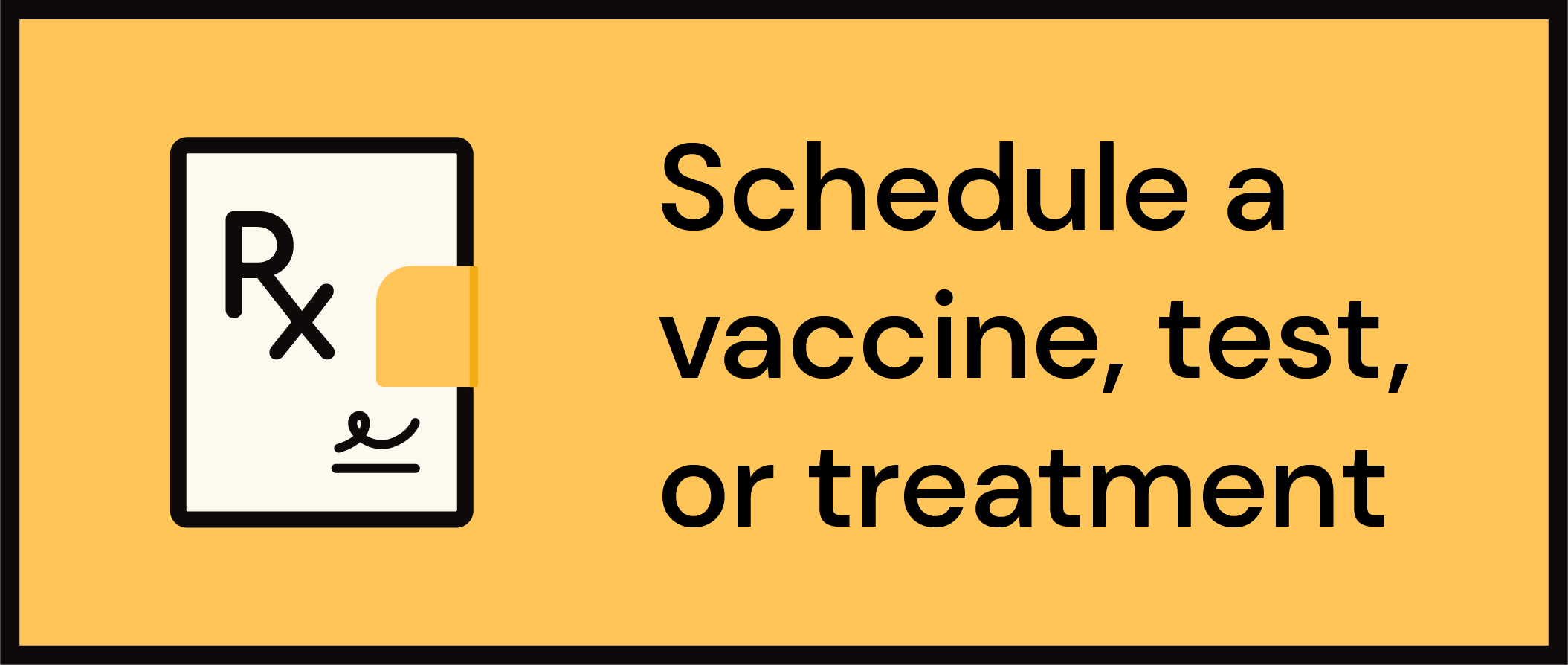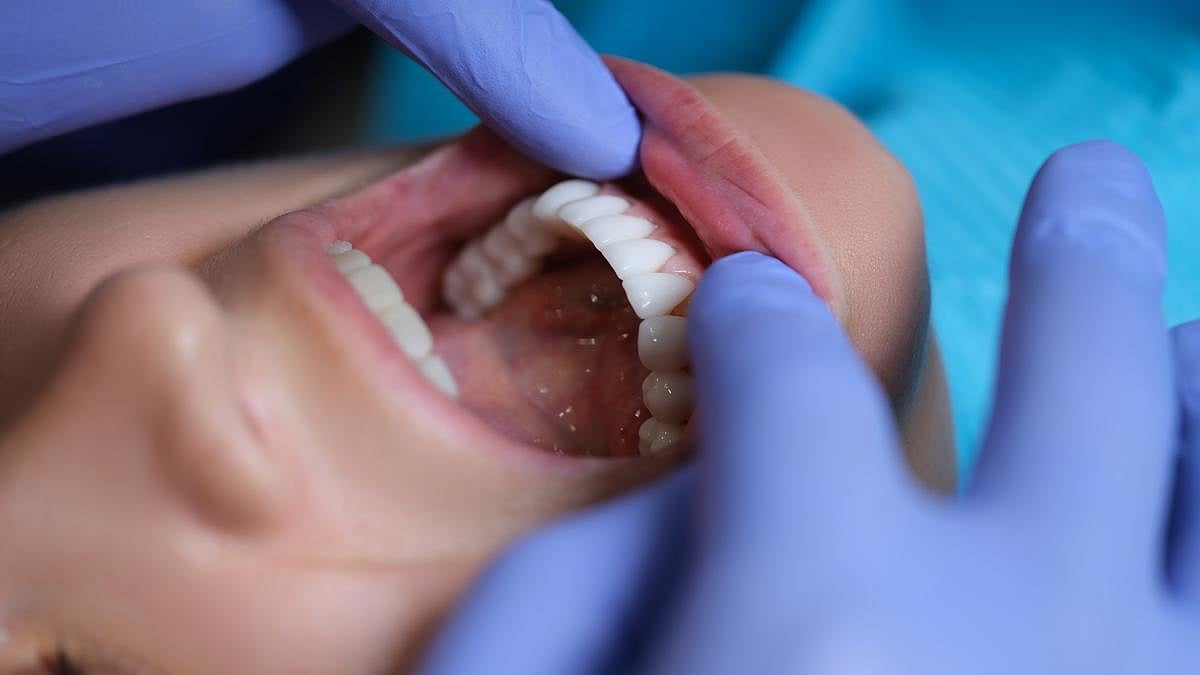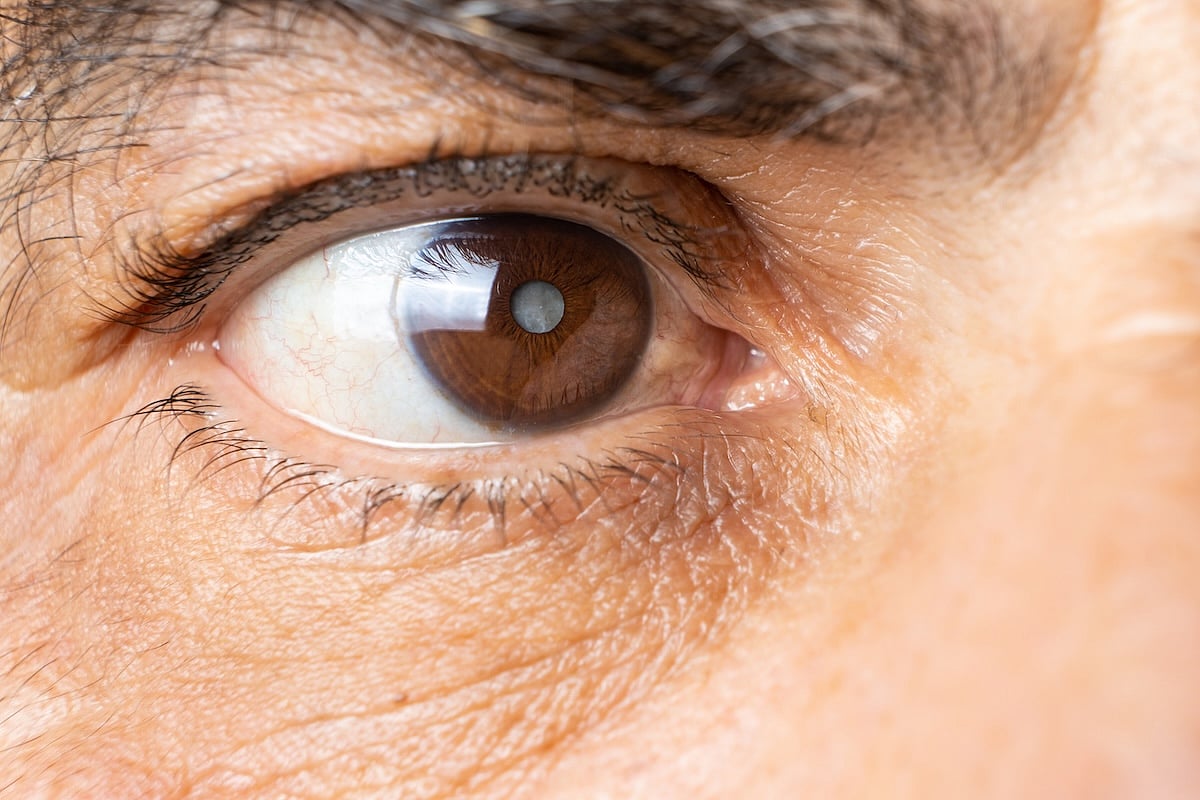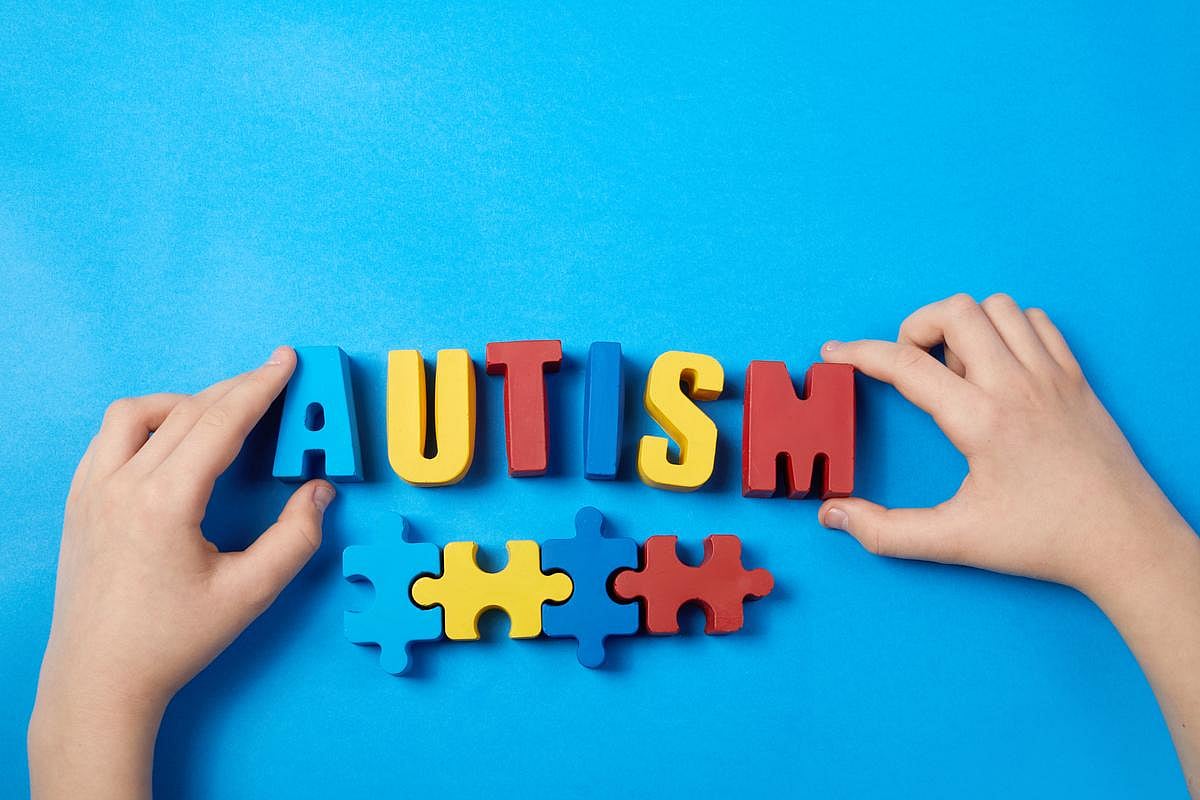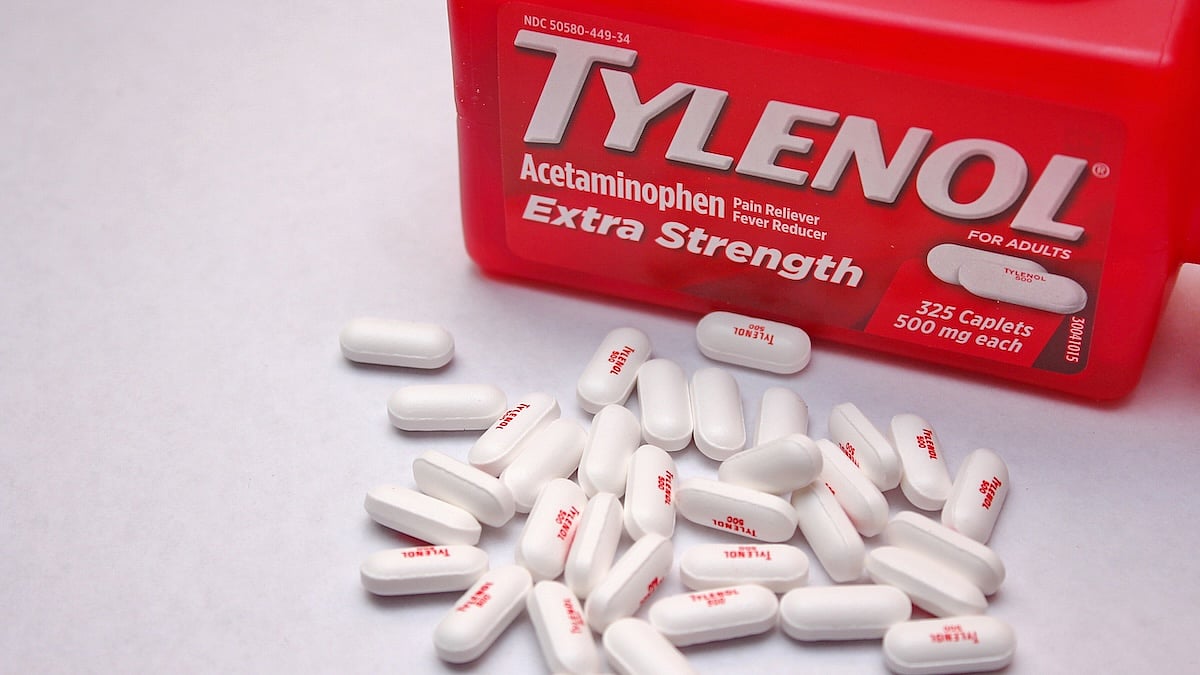Manténgase sano!
Mantenerse informado(a) promueve la buena salud. Manténgase al día con las últimas noticias médicas encontradas aquí.
23 Oct
Cavities + Gum Disease = Brain Risk?
New research links cavities and gum disease to an increased risk of stroke and possible white matter abnormalities in the brain.
22 Oct
90% of Americans at Risk for Newly Defined Health Condition Called CMK Syndrome
CMK syndrome links heart, kidney and metabolic risk factors and the American Heart Association says it’s extremely common in U.S. adults.
21 Oct
Study Links Global Rise in Cancer to Obesity Across All Age Groups
Researchers analyzed cancer trends in 42 countries and found a surge in certain cancer types in both young and older adults – with one exception.
Measles Outbreak Spreads Beyond Utah-Arizona Border, 123 Cases Reported
A growing measles outbreak along the Utah-Arizona border has spread to nearby communities, making it the nation’s second-largest this year, health officials confirmed.
At least 123 people have been infected, most linked to two small towns — Colorado City, Arizona, and Hildale, Utah — where residents often move between the...
- I. Edwards HealthDay Reporter
- |
- October 23, 2025
- |
- Página completa
Some Antidepressants Linked to Weight, Heart Health Changes
Antidepressants are widely used to treat depression and anxiety, but a new study finds that some of these medications can cause noticeable changes in weight, heart rate and cholesterol levels.
The study, published Tuesday in The Lancet, analyzed data from more than 58,000 participants to compare 30 different antidepressants or a p...
- I. Edwards HealthDay Reporter
- |
- October 23, 2025
- |
- Página completa
Two Pet Food Brands Recall Products After Salmonella Concerns
Pet food manufacturers Foodynamics and Raw Bistro are recalling several dog and cat food products because they may be contaminated with salmonella, according to the U.S. Food and Drug Administration (FDA).
Salmonella can make both pets and people sick. Humans can become infected after handling contaminated pet food, especially if they don&...
- I. Edwards HealthDay Reporter
- |
- October 23, 2025
- |
- Página completa
Gum Disease May Raise Stroke Risk, Even Damage the Brain
If you need another reason to brush and floss, here it is: Research suggests keeping your mouth healthy might also protect your brain and heart.
Two new studies published Oct. 22 in Neurology Open Access linked gum disease and cavities to a higher risk of stroke and brain damage.
In the first study, adults with gum disease w...
- I. Edwards HealthDay Reporter
- |
- October 23, 2025
- |
- Página completa
Cataract Surgery Becoming An In-Office Procedure, Experts Say
Imagine popping by your eye doctor’s office for a quick cataract surgery.
That appears to be the future for this vision-enhancing procedure, researchers reported Saturday at the American Academy of Ophthalmology’s annual meeting in Orlando, Florida.
Hundreds of patients successfully received cataract surgery in a doctor&r...
- Dennis Thompson HealthDay Reporter
- |
- October 23, 2025
- |
- Página completa
Any Drinking Can Cause Blood Pressure To Increase, Study Says
Any boozing can cause your blood pressure to go up, a new study shows.
Even slight increases in alcohol consumption are associated with higher blood pressure, researchers reported Oct. 22 in the Journal of the American College of Cardiology.
Stopping drinking, or even cutting back, might lead to reductions in blood pressure ...
- Dennis Thompson HealthDay Reporter
- |
- October 23, 2025
- |
- Página completa
Why Vaccines Are Especially Important for Children With Asthma
You may have seen recent news stories reporting that a national data investigation found that routine childhood vaccination is slipping across much of the United States, leaving classrooms and daycares with growing gaps in protection against highly contagious diseases like measles and whooping cough.
That’s a warning sign...
- Todd A. Mahr, MD, Executive Medical Director, American College Of Allergy, Asthma And Immunology HealthDay Reporter
- |
- October 23, 2025
- |
- Página completa
Pill Might Extend Survival Among Kids With Rare Bone Cancer
Kids with a rare bone cancer might live longer if prescribed a drug that blocks blood supply to tumors, researchers say.
The drug pazopanib (Votrient) extended the lives of a small group of kids with Ewing sarcoma, which causes cancerous tumors in their bones, researchers report in the journal Frontiers in Oncology.
“W...
- Dennis Thompson HealthDay Reporter
- |
- October 23, 2025
- |
- Página completa
Understanding Autoimmune Neuromuscular Diseases: Signs, Causes & Treatment
Autoimmune neuromuscular diseases may sound complex, but understanding them is the first step to getting the right care and support. Conditions such as Lambert-Eaton myasthenic syndrome (LEMS), myasthenia gravis (MG), and inclusion body myositis (IBM) affect how muscles and nerves communicate, leading to muscle weakness and fatigue.
At the...
- Brian Lin, PhD, Research Portfolio Director at the Muscular Dystrophy Association (MDA) HealthDay Reporter
- |
- October 23, 2025
- |
- Página completa
Doctors Overlooking A Common Symptom Of Autism, Survey Finds
Doctors aren’t checking for or treating a common symptom of autism, a new study says.
As many as 87% of autistic children have movement impairments like delays in crawling or walking, poor coordination, trouble with balance, abnormal walking patterns and problems with fine motor skills like grasping objects or drawing, researchers sa...
- Dennis Thompson HealthDay Reporter
- |
- October 23, 2025
- |
- Página completa
Millions Left Out as Hospital Portals Lack Multiple Language Options
Patient portals have made it easier for millions of Americans to view test results, message their doctors and schedule virtual visits. But for the more than 25 million people in the U.S. who speak little English, these tools often remain out of reach.
A University of Michigan study published Oct. 16 in JAMA Network Open found that...
- I. Edwards HealthDay Reporter
- |
- October 22, 2025
- |
- Página completa
Over 6 Million Eggs Recalled After Salmonella Found, FDA Warns
More than 6 million eggs sold under the Black Sheep Egg Company brand have been recalled after federal officials detected multiple strains of salmonella at one of its processing facilities.
The U.S. Food and Drug Administration (FDA) announced the recall after 40 environmental samples tested positive for salmonella, including seven strains...
- I. Edwards HealthDay Reporter
- |
- October 22, 2025
- |
- Página completa
Seaweed May Help Grow Human Tissue, Replacing Animal Testing
Scientists have found an unlikely new material for growing tissue: Seaweed.
The ocean plant, best known for wrapping sushi or floating along the shore, may soon help doctors repair hearts and reduce animal testing.
In a study published Oct. 21 in Biointerphases, researchers from Oregon State University in Corvallis found tha...
- I. Edwards HealthDay Reporter
- |
- October 22, 2025
- |
- Página completa
FDA and Kenvue Say No Autism Link to Tylenol Use During Pregnancy
The maker of Tylenol is urging U.S. health regulators not to add an autism warning label to it and other pain-relievers containing acetaminophen, calling the request “unsupported by the scientific evidence and legally and procedurally improper."
Kenvue’s response, dated Oct. 17, came after a citizen petition sought new pregnanc...
- I. Edwards HealthDay Reporter
- |
- October 22, 2025
- |
- Página completa
Drug Combo Cuts Death Risk From Advanced Prostate Cancer
A powerful new drug combo has yielded a major breakthrough for men battling an aggressive form of prostate cancer.
Adding the drug enzalutamide to standard hormone therapy reduced the risk of premature death by more than 40% in patients whose prostate cancer had returned, a large international clinical trial has found.
The findings w...
- Deanna Neff HealthDay Reporter
- |
- October 22, 2025
- |
- Página completa
New Study Offers Hope for People With Drug-Resistant Epilepsy
For the estimated one-third of people with focal epilepsy who don’t respond well to initial medications, new research offers significant reason for optimism.
A study suggests that even those considered "treatment-resistant" may eventually see a substantial reduction in their seizures over time.
Focal epilepsy, the most co...
- Deanna Neff HealthDay Reporter
- |
- October 22, 2025
- |
- Página completa
Early Exposure Guidelines Cut Down Peanut Allergy Cases
Encouraging parents to introduce peanuts to their infants early has led to a significant drop in new allergy diagnoses, according to researchers at the Children’s Hospital of Philadelphia.
Their study — published in the November issue of the journal Pediatrics — is the first large-scale analysis to show the...
- Deanna Neff HealthDay Reporter
- |
- October 22, 2025
- |
- Página completa
When You Start Hormone Therapy In Menopause Matters
WEDNESDAY, Oct. 22, 2025 (HealthDay News) — For women weighing whether to use estrogen to manage hot flashes, sleep issues and other bothersome symptoms as menopause approaches, it may make sense not to wait.
New research shows that perimenopausal women who had used estrogen for at least 10 years before their periods stopped for...
- Carole Tanzer Miller HealthDay Reporter
- |
- October 22, 2025
- |
- Página completa
How Does Cancer Kill People? New Theory Suggests Blood Clots
What kills cancer patients is where their malignancy spreads in their body, rather than the cancer itself, a new study says.
If tumors spread into major blood vessels, they can spark blood clotting that contributes to organ failure, researchers recently reported in the journal Nature Medicine.
That’s why some people wi...
- Dennis Thompson HealthDay Reporter
- |
- October 22, 2025
- |
- Página completa
Breakthrough Retinal Implant Helps Restore Partial Vision in Patients
Scientists have restored partial vision to people with a common form of blindness using a prosthetic retinal implant, a first that could one day improve life for more than a million Americans with severe vision loss.
The new technology — developed by Califonia-based Science Corporation — helped 27 of 32 patients regain enough s...
- I. Edwards HealthDay Reporter
- |
- October 21, 2025
- |
- Página completa


